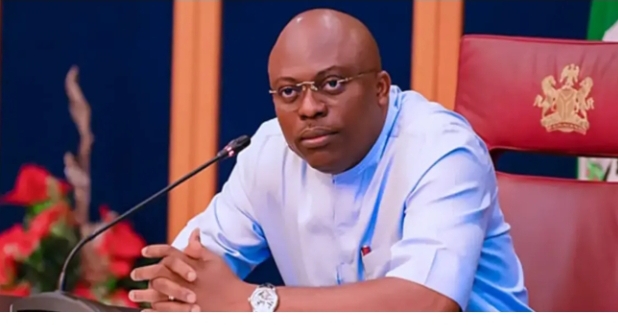France, Germany and the United Kingdom have invoked a rarely used UN procedure to reinstate sanctions on Iran, accusing Tehran of breaching the 2015 nuclear accord.
The move, announced on Thursday, follows months of failed negotiations and marks the most serious escalation between Iran and Europe since Washington abandoned the Joint Comprehensive Plan of Action (JCPOA) in 2018.
Known as the “snapback” mechanism, the process reactivates six dormant UN sanctions resolutions, first imposed before 2018, unless diplomacy in the next 30 days yields a breakthrough. European diplomats confirmed that US Secretary of State Marco Rubio was consulted ahead of the decision and signaled support.
A UK government official said Europe could not “allow Iran’s nuclear file to fall off the agenda or for sanctions to be permanently lifted while Iran’s programme escalates unchecked.”
Concerns Over Uranium Stockpile
At the heart of European concerns is Iran’s accumulation of 400 kilograms of uranium enriched to 60 percent purity material that experts say is nine times the quantity required to produce a nuclear weapon. According to the International Atomic Energy Agency (IAEA), Iran’s stockpile now stands at 45 times the JCPOA’s agreed cap.
Inspectors, expelled during the recent 12-day war involving Israel and the United States, were only readmitted this week, but limited to visiting the Bushehr civilian power plant. European officials dismissed this as insufficient.
Diplomacy Still on the Table
Despite the sanctions trigger, European leaders insist diplomacy is not over. They have proposed extending UN Resolution 2231, which underpins the nuclear deal, for six months retaining the right to reimpose sanctions during that period. Iran, however, has publicly rejected the offer.
Talks in Geneva earlier this week failed to bridge differences. Iran argued that Israeli airstrikes, which killed more than 1,000 people in June, had destroyed part of its uranium stockpile a claim European negotiators did not accept.
Russia, meanwhile, has circulated a rival proposal at the UN Security Council, calling for a six-month extension of Resolution 2231 but without the snapback option a move European diplomats suspect is aimed at diluting their leverage.
No Clear Exit Ramp
Analysts warn that without security guarantees or sanctions relief from Washington, Europe’s pressure campaign may not succeed.
“There is a sense of inertia in Tehran, partly because the Europeans have not offered a genuine exit ramp,” said Ali Vaez of the Crisis Group.
The E3 insist Iran must restore full IAEA access, account for its missing uranium, and engage in direct talks with the United States. Tehran, however, continues to rule out face-to-face negotiations with Washington.
The snapback procedure gives Europe a narrow 30-day window to prevent sanctions from being fully reinstated a deadline that could determine the future of the nuclear deal.
Uncategorized
 News MasterUpdated 5 months Ago2 Mins read102 Views
News MasterUpdated 5 months Ago2 Mins read102 Views
Europe Triggers UN Sanctions ‘Snapback’ on Iran Over Nuclear Breaches

Share
Latest Posts
Related Articles
Uncategorized
U.S. to Propose Measures to Protect Christians in Nigeria – Moore
A United States congressman, Riley M. Moore, has disclosed that the White...
15 hours Ago
Uncategorized
A commuter train struck a collapsed retaining wall near Barcelona
A commuter train struck a collapsed retaining wall near Barcelona on Tuesday...
21 hours Ago
Uncategorized
The U.S. Department of Homeland Security (DHS) has turned its attention to Maine as part of a new immigration enforcement effort.
On Wednesday, DHS announced the launch of “Operation Catch of the Day,”...
21 hours Ago
Uncategorized
Trump Announces Framework for Greenland Deal, Withdraws NATO Tariff Threat
President Donald Trump on Wednesday announced that he and NATO Secretary-General Mark...
21 hours Ago












Leave a comment